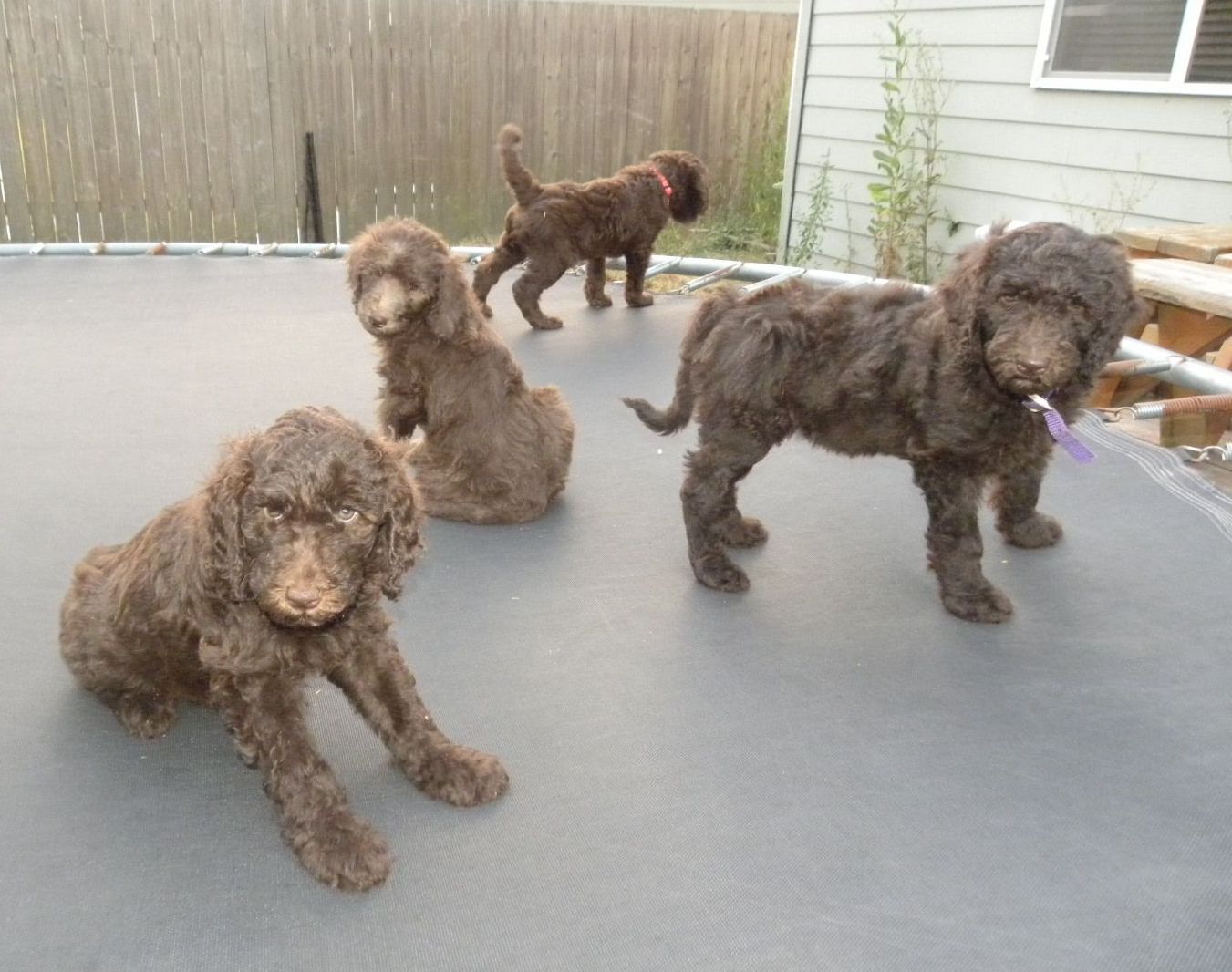In this blog post, we will discuss the importance of early puppy socialization and puppy training, and provide a brief overview of a dogs stages of development.
If you really want to do a deep dive into these topics, I recommend reading this book.
In Defence of Dogs – Why Our Dogs Need Our Understanding – by James Bradshaw
The Importance of Early Puppy Socialization
The most critical stage of social development is generally considered to be birth to 14-16 weeks of age.
Bringing home a new puppy is an exciting time, but it’s also a crucial period for their development.
Early puppy socialization and training are essential if you want your puppy to grow up into a well-adjusted and well-behaved adult dog.
Puppy Socialization is the process of exposing your puppy to a variety of new people, animals, and environments to help them become comfortable and confident in all kinds of different situations.
The end goal being for your puppy to learn how to behave appropriately in any situation you may need to bring them into.
Socialization helps your puppy develop confidence and resilience.
By exposing them to different experiences and environments, they will learn that new things are not always as scary or threatening as they thought. This will help prevent fear-based behavior problems, such as separation anxiety or phobias.
The Importance of Puppy Training
Dogs are social animals and thrive on positive interactions with their owners. Training creates real opportunities for positive reinforcement, which helps to strengthen your bond.
Puppy training is another critical aspect of early puppy care, and it involves teaching puppies basic obedience commands and house rules.
Early training helps to establish a bond between the owner and the puppy and creates a foundation for future learning.
The training period typically starts at around 8 to 12 weeks of age and is a gradual process that requires some patience, consistency, and positive reinforcement.
Basic commands such as sit, stay, come, leave it and heel are the basic commands every dog should learn and essential for the safety and control of your puppy.
Training also helps to prevent common behavior problems such as jumping, chewing, and barking.
Early training helps puppies to develop good habits and manners, which make them more enjoyable and easier to live with.
There’s a ton of free Puppy Training Resources online nowadays including podcasts, blogs, videos, e-books.. you name it. There’s simply no good reasons left why you can’t train your own puppy!
How Long Does Puppy Training Take?
You can honestly teach a puppy how to sit, lay down and leave it in a couple 15 min session.
Keeping your puppy in a sit or down stay may take you more time but take advantage of this time to train your puppy as much as possible because as the old saying goes… it’s not as easy to train an adult dog new tricks.
For FREE Puppy Training Videos Check out McCannDogs on YouTube!
McCann Dogs Training Videos YouTube

Click Image above to view – McCann Dogs Free Video Playlist for “Puppies first week home” on YouTube! They also have several more Playlist to choose from.
Stages of Puppy Development
Understanding a dog’s stages of development is essential for proper care and training.
The 5 stages of puppy development include:
- The Neonatal Period (0-2 weeks): Puppies are born blind and deaf and rely on their sense of smell to find their mother and littermates.
- The Transitional Period (2-4 weeks): Puppies start to open their eyes and ears and begin to develop teeth. They also start to walk and explore their surroundings.
- The Socialization Period (3-14 weeks): This is the critical period for socialization and early training. Puppies become more independent and start to develop their own unique personalities.
- The Juvenile Period (3-6 months): Puppies become more active and curious during this period and continue to develop their physical and social skills.
- The Adolescence Period (6-18 months): Puppies start to reach sexual maturity and may start to exhibit signs of rebellion and independence. This period does require patience and consistent training methods. The adolescent stage is considered to be the most challenging stage. It’s important to be prepared and to also trust that it will pass. The adolescent canine is not unlike the adolescent human. They’re basically “finding themselves”.
By providing your puppy with positive experiences and consistent training, you can help them to become confident, well-balanced, and happy adult dogs!












